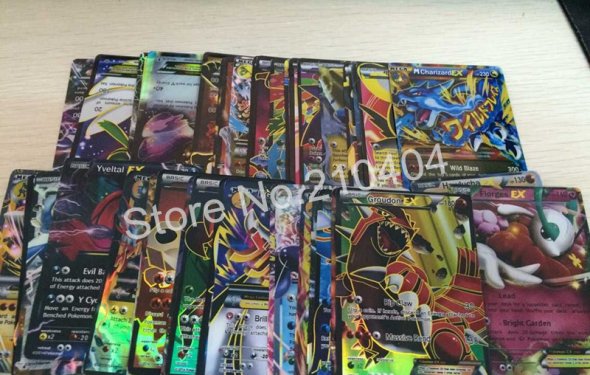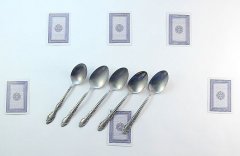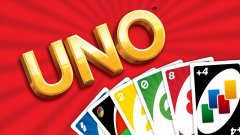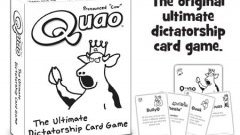Card games simple

 Want a fresh, new ESL teaching tool that isn’t a total gamble?
Want a fresh, new ESL teaching tool that isn’t a total gamble?
Deal your students a winning hand with card games.
That means they’re simple, flexible and cost-efficient.
As the teacher, you get to make up the rules. Since they’re easily customized, you can play around with all kinds of variations on classic card games. You’ll hold teaching tools for whatever vocabulary or grammar point you’re working on in class.
Teaching them card games not only builds language, but it also builds cultural knowledge. From elementary schools and retirement homes to casinos and college parties, card game are an important part of our culture. Wherever you go in the world, you’re bound to find some regionally-popular card games.
 The card games we’ve assembled here are not only timeless, international favorites, but they’re also perfect teaching tools for an ESL classroom.
The card games we’ve assembled here are not only timeless, international favorites, but they’re also perfect teaching tools for an ESL classroom.
Why Are ESL Card Games Legitimate Teaching Tools?
Never underestimate the power of being different or exciting.
Used correctly, games in the ESL classroom will enrich your lessons.
But how?
Make things fun and engaging for everyone
ESL games perk up your class’s interest and provide a mental break from stressful studying. They can trick the most apathetic students into learning something new. Games reinforce the idea that the classroom is a fun place, and that learning English is a fun activity.
 Reduce teacher talking time
Reduce teacher talking time
You should always be on the lookout for new activities that will minimize the time you spend talking and shine that spotlight on your students. They’re not in class to just listen to lectures, they’re in class to practice their English as much as humanly possible.
By introducing them to some card games, you’ll provide your students with a way to practice English among themselves and try out their newly-learned grammar and vocabulary.
Build relationships
The student-teacher relationship, as well as the peer relationships between members of the class, can be greatly strengthened by having everyone laughing together.
Teach and reinforce material
 Games involve repetitive actions. Students will repeat the same actions and English phrases over and over again, ingraining this in their memories for the long-term. For instance, when playing “Go Fish, ” students will need to ask questions using the same sentence many, many times.
Games involve repetitive actions. Students will repeat the same actions and English phrases over and over again, ingraining this in their memories for the long-term. For instance, when playing “Go Fish, ” students will need to ask questions using the same sentence many, many times.
By the end of a few rounds, it will be second nature to say “Do you have any…?” You can use this characteristic of games to your advantage, and use them to teach the most difficult vocabulary and grammar concepts.
Let students take ownership of English
Games help students realize that they’re not just learning English for the sake of learning English. Games teach them that there’s more to the English language than just, “Hello, my name is…”
It’s not something boring and dry that they’re simply “supposed” to learn. Your students will come to understand that they’ll be able to have fun and play around with the English language the same way they do with their native language.
- Gates of Olympus play
- Avaliações 9 máscara de fogo
Plastic card sleeves are devices used to protect trading cards from damage, especially collectible card game cards from wear and tear and to store them.
Thanks to the trading card industry, there developed a wide variety of protective devices, including the bulky "top-loader", a rigid plastic case with one open end (essentially a box for a...



|
Card King: Dragon Wars Mobile Application (Card King, Inc.)
|



